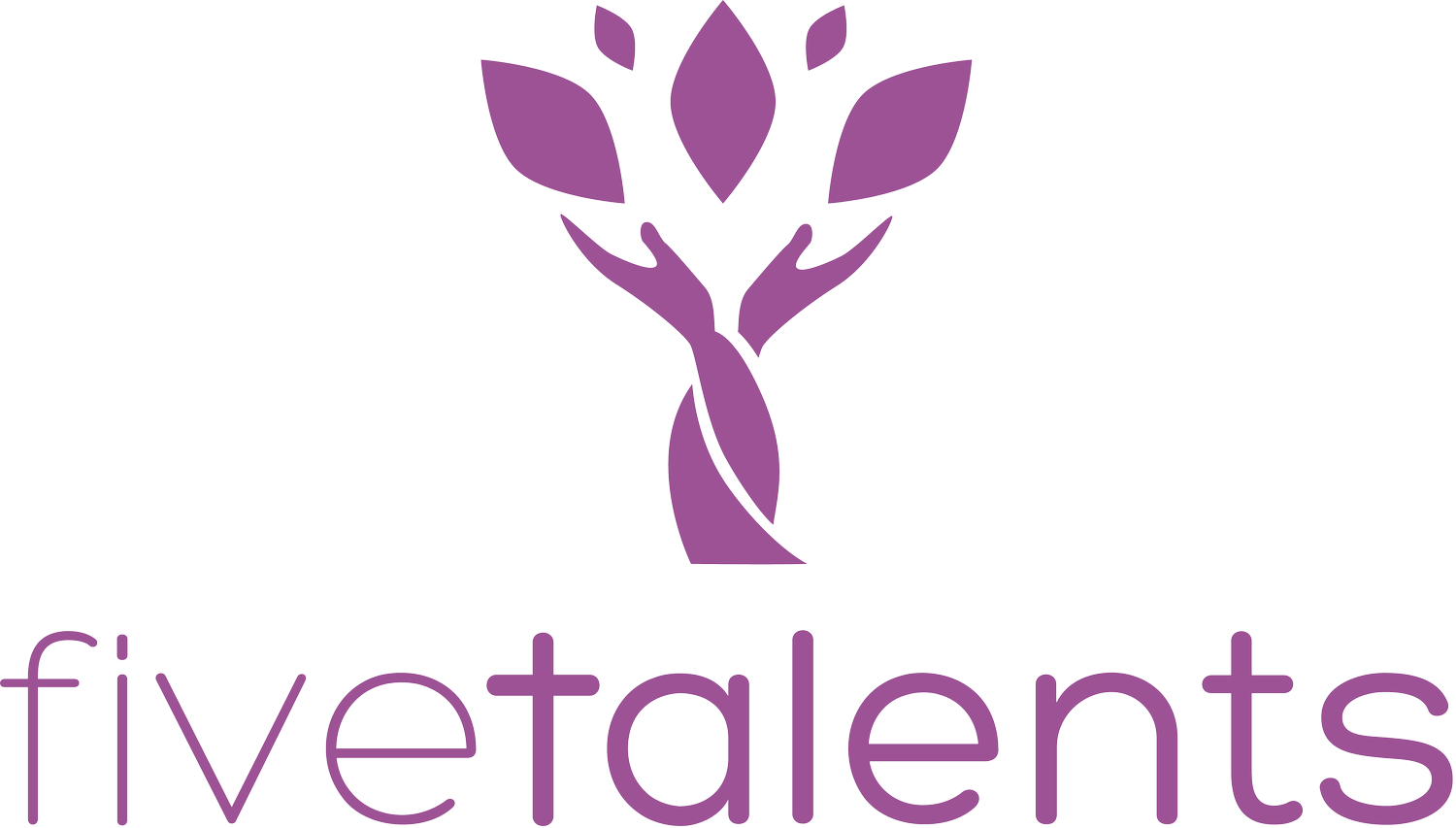Sayani’s story is not rags to riches but, more importantly, from tragedy to a new life. She is now a confident wife, a mother of two and a businesswoman.
She wasn’t like this before joining a Self Help Group that helped her secure a microcredit loan. Living on the island of Pulicat in South India, she and her family survived the terrifying and destructive Tsunami that swept away lives and livelihoods in December 2004. They had to start again with nothing, and it was Sayani who pulled the family together.
With her husband suffering from a stomach illness that eventually required five surgeries, Sayani received her first loan of $126, which she used to start her business – $51 to purchase firewood and $75 to buy rice. She sold door-to-door in her village and says she now has the confidence to face any challenge.
This is not the type of story of hope we are reading from some parts of India recently. Rather another type of tragedy has begun to sweep through the state of Andra Pradesh.
The Collapse of Microcredit?
In a Nov. 17 article in the New York Times entitled “India Microcredit Faces Collapse From Defaults.” The author writes: “But microfinance in pursuit of profits has led some microcredit companies around the world to extend loans to poor villagers at exorbitant interest rates and without enough regard for their ability to repay. Some companies have more than doubled their revenues annually.”
There is a battle being waged between two quite distinct types of microfinance practitioners – those that are driven only by a profit motive versus those that are driven by the health and well-being of their clients. The realization that the poor are bankable and skilled at micro-business has made the most vulnerable in a society an investment opportunity. It’s quite amazing to witness those who used to think the poor were lazy, ignorant and with little worth, change their thinking within the last decade. The poor have finally been recognized for their talents and skills.
Read Five Reasons Traditional Microcredit Fails
A Christian Approach to Microfinance
However, with this comes pressure at the grassroots level to concentrate strictly on financial returns leading to excesses that are giving microfinance a less than stellar reputation. Five Talents and other organizations like ours believe that the profits are best left to the families and the communities in which we serve. We seek to provide loan capital but just as important for women like Sayani we build both social and spiritual capital as well. This is called the triple bottom line.
Providing social and spiritual capital is a holistic approach to poverty that understands and addresses the web of lies and misconceptions that traps the poor living in destitute communities on 50 cents or $1 a day. The poor are trapped by geography, living in isolated areas, by lack of the basics like water, housing and services like education and health care. From a biblical worldview, they are also trapped by their lack of self-esteem, and feelings that no one loves them or cares for them. The poor are invisible even to themselves.
A Christian organization has a message of hope and reconciliation that breaks this terrible web of lies and misconceptions, thus liberating the poor and empowering them to see God’s vision for their lives.
At the same time a Christian organization must be professional in its approach. It has to ensure that there is strict financial accountability, good governance and expertise to run microcredit programs all while reaching the poorest families that can access capital. Commercial microfinance reaches a level of poor that is more akin to the lower middle class because they are better credit risks.
We like to take risks. We work in South Sudan, Burundi and other areas that have suffered from conflict or natural disasters. We go where commercial microfinance fears to tread. We can also be innovative. For example, we are partnering with another organization in Sudan and Burundi to provide basic literacy training and then Five Talents provides the business training and savings and credit programs.
Achieving Holistic Transformation
Five Talents and its overseas partners, including the Anglican church, has one primary focus; transformation of the whole person. Five Talents funding for microcredit and savings programs does not have a profit-motive for the organization or its board of directors. Instead, Five Talents inspires and trains the poor to start and sustain micro business that produce profits that are then used to further grow the business and invest in food, medical care and education for the family.
By providing additional services like business training, literacy, and leadership skills, lives are transformed. By linking with the local Anglican church, there is the opportunity to provide faith development including life skills and even peace and reconciliation workshops where the poor see there is hope in a loving God. The result of building social and spiritual capital is leadership, empowerment and the poor begin to feel God’s presence in their hearts instead of a God who is “in the skies somewhere.”
In short, as Christians, we don’t believe that a poor woman in India, Sudan or Bolivia is to be viewed as a mere financial transaction but as a human being with God-given abilities and skills.
Sayani’s family recovered from the Tsunami and their lives are better because they received loans, training as well as assistance from an organization established by the local church. Sayani’s daughter, Anushiya, was so inspired by her mother’s work that she wants to become a doctor to help those like her father.
They are beneficiaries of focusing on building financial, social and spiritual capital – the Triple Bottom Line.
Learn more about Five Talents unique approach to microfinance.

